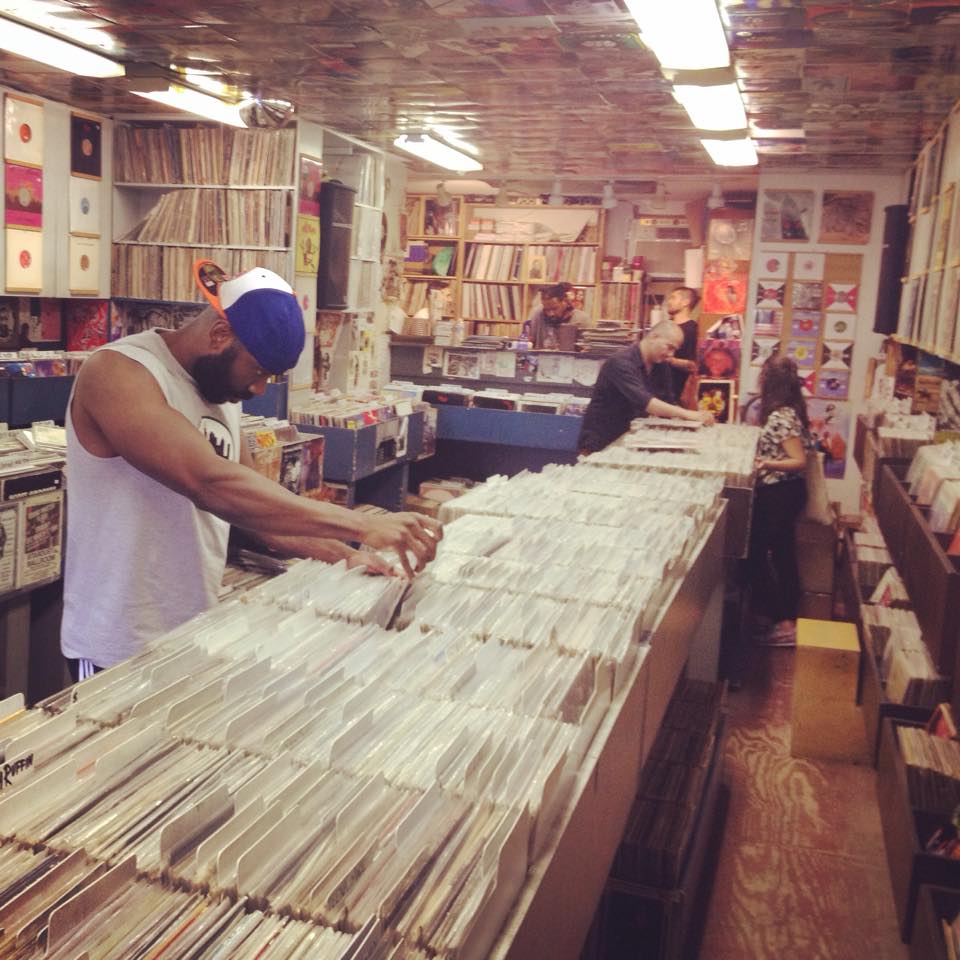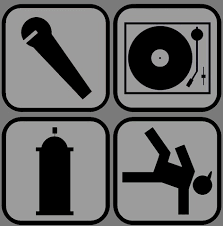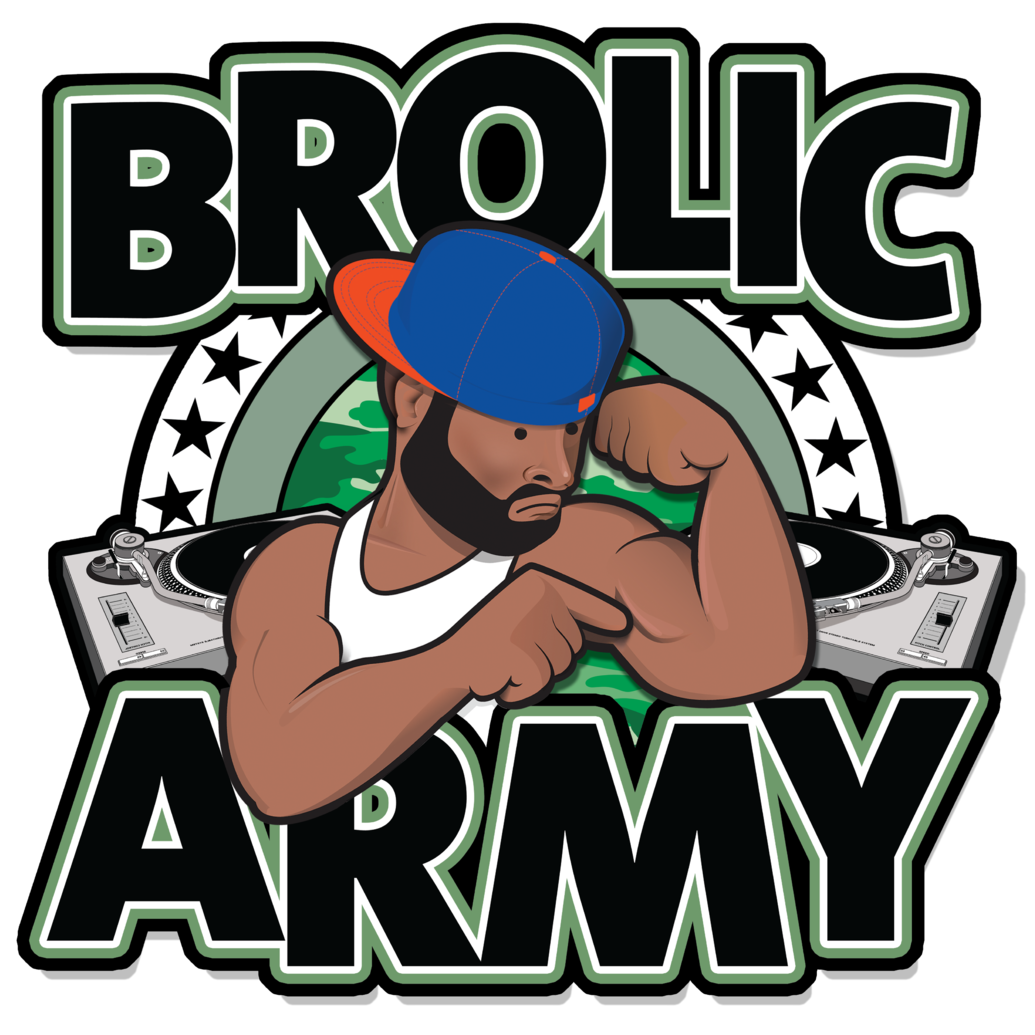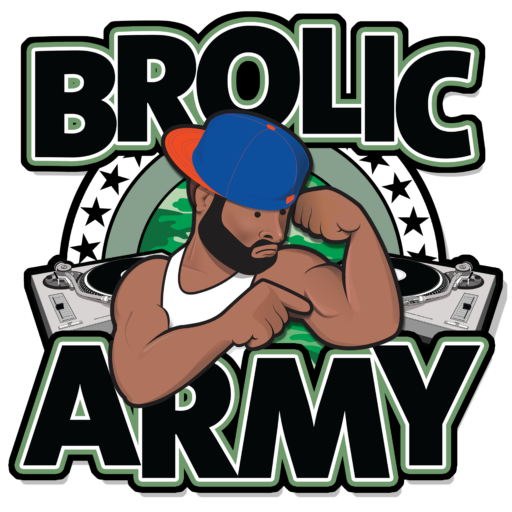Start Up The Phonograph!

When I scratched my first piece of vinyl, I was already integrated into Hip-Hop. As far back as my memory takes me, I’ve been surrounded by the 4 elements that make up Hip-Hop culture.

I was born one year before the generally agreed upon August 13, 1973 date, and by the time I popped out of my mom’s womb, my Father was DJing as a means to make extra money for our Colombian-immigrant family. By the time I was 5, I remember riding bombed out trains with my parents and older brother. I grew up in Jackson Heights, Queens so we rode the 7 line into Times Square on the weekends during our family outings. FUZZ was the king of the 7 line and his pieces are stuck in my head to this day. Speaking of my brother, he was a part of the first generation of kids immersing themselves into Breaking, DJing, Rapping and Graffiti. One of my early birthday memories is watching my older brother John Breaking to “Bongo Rock” (The Incredible Bongo Band) on the living room floor while my friends and I looked on in amazement.
So I wouldn’t say I necessarily had a predisposition for music. It was nurture, the physical environment that I grew up in as an adolescent that made the experience of manipulating my Dad’s turntables feel natural to me. I learned about music organically, I listened to it, danced to it and watched my Dad and older brother play it.
I do my best to teach my students how to connect with the songs they play the way I did because my sense is, the average DJ’s encounter with music isn’t the same as it was when I first started out.
DJs today learn most of what they know about what’s “hitting” from social media and streaming services. DJs don’t put in the labor it used to take to find music and build your record collection. Now, there’s YouTube and Spotify. Back then, all you had were actual record stores where that obscure song no one was playing lived. So to claim it, you had to move toward it. You had to commit yourself to record digging excursions on the weekend. DJs were obscurity snobs that took pride in the idea of the party people that listened to us play would not only dance to our music but learn about it as well.
The meaning of what a DJ is changed when the new DJ technology emerged. I feel that the relationship between the musician and the music is fading for DJs. You’re relying on software to do what you can do yourself. It just makes everything easier… DJing in my eyes is more about using the turntable as a tool to express and resonate with a crowd via your music taste, and less about navigating a DJ app and playing hit songs.
I’ve spent the majority of my life thinking a lot about music and what I want my students to know the most is that their sets are an extension of themselves, and they are all unique people that are here to learn how to be authentic DJs. So, as a promoter of pure DJing, I also think it’s important that today’s Disc Jockey understand the root of it all — that is, vinyl — and to try to have a basis with vinyl before they move to digital software. Knowing how to work with records will teach you how to develop those tactile instincts, and help you become a more well-rounded DJ.

